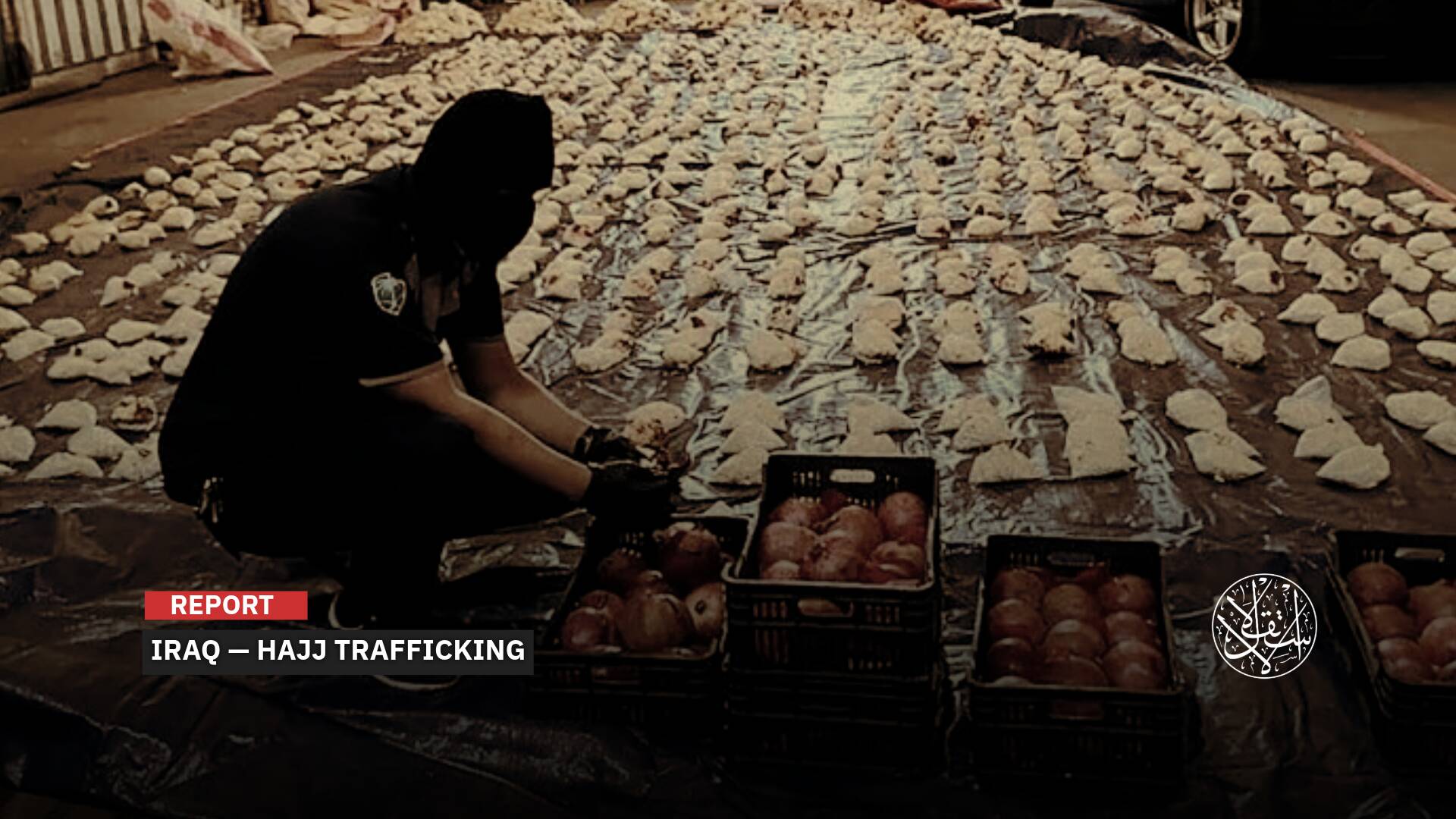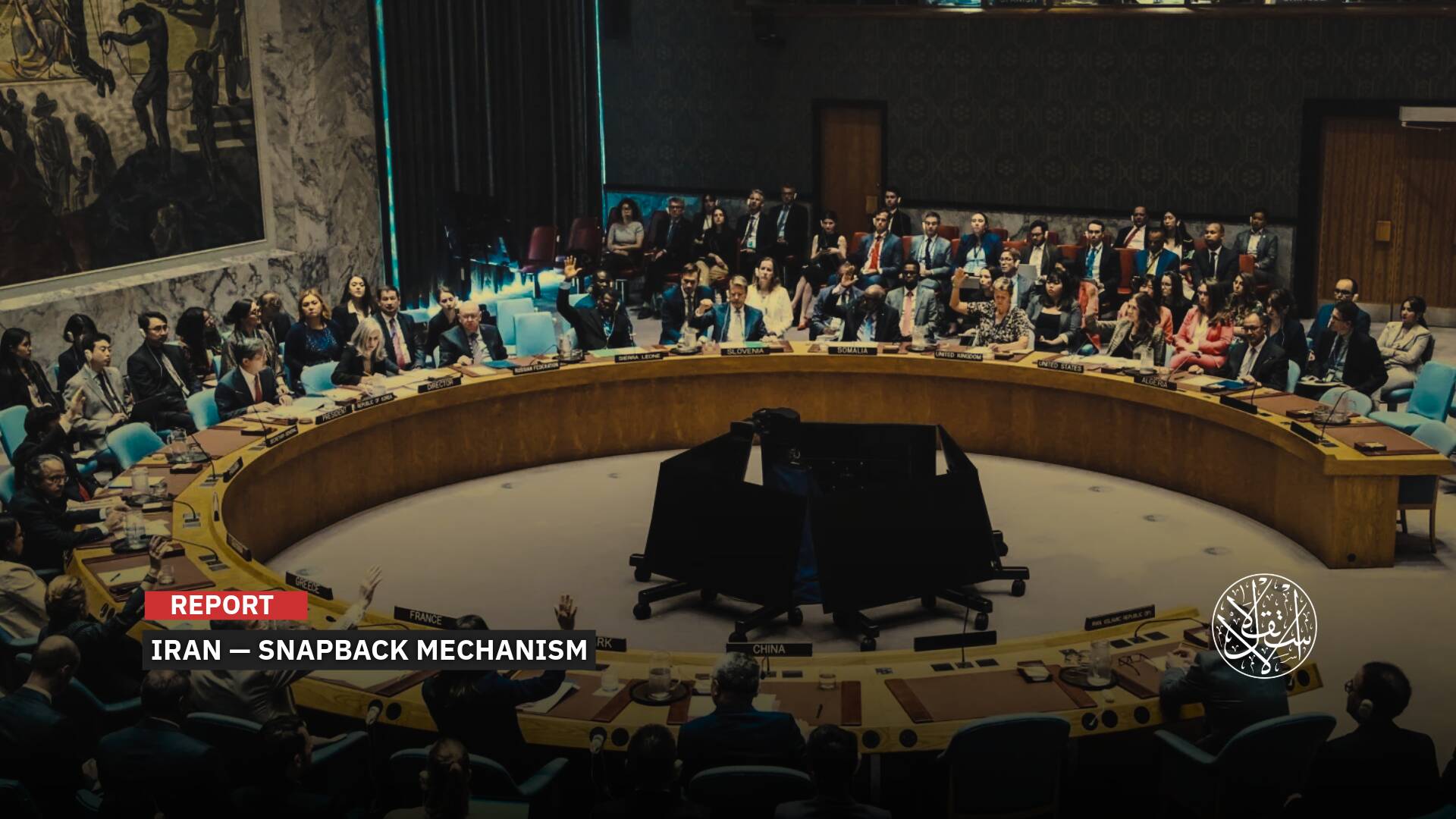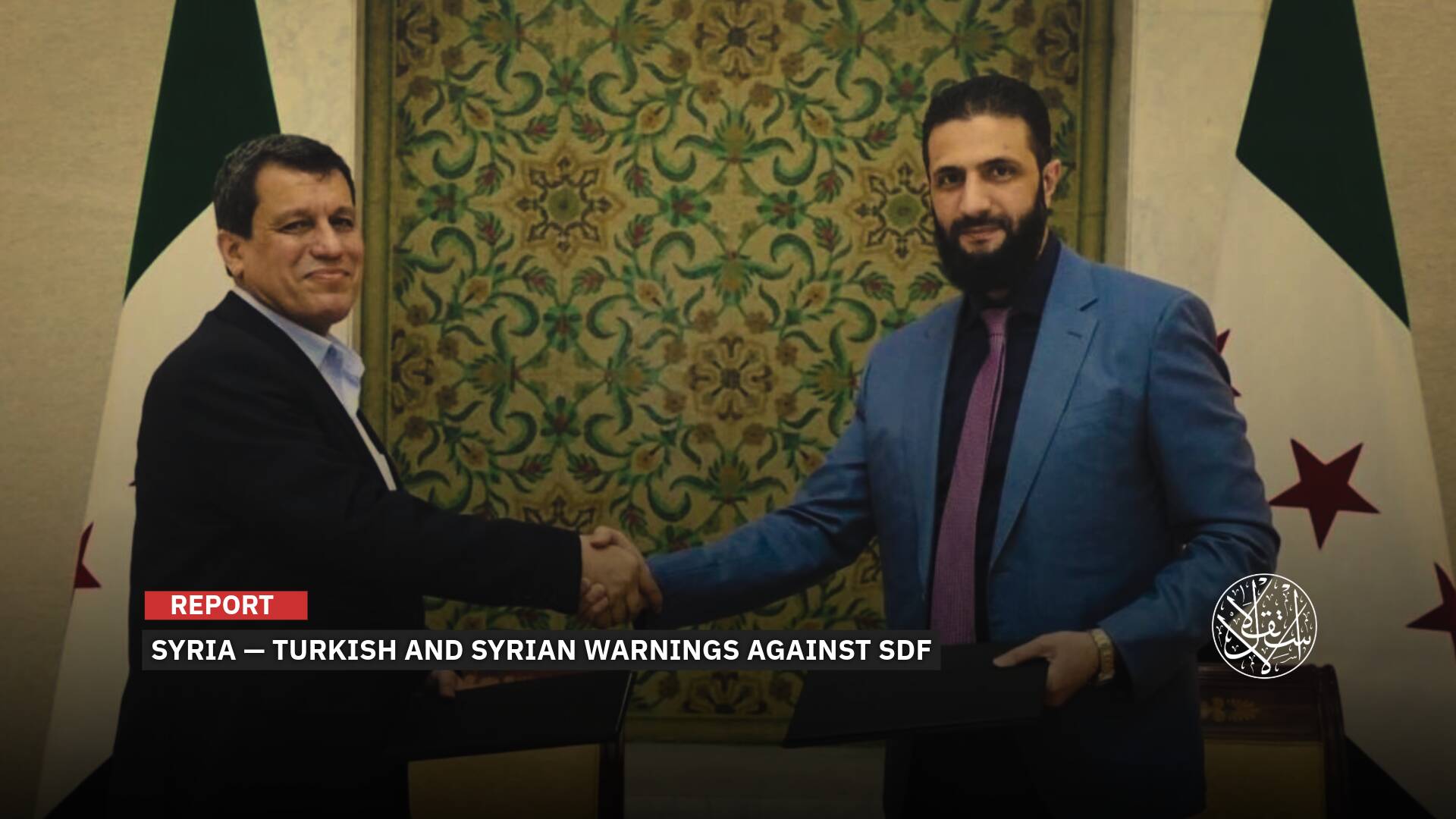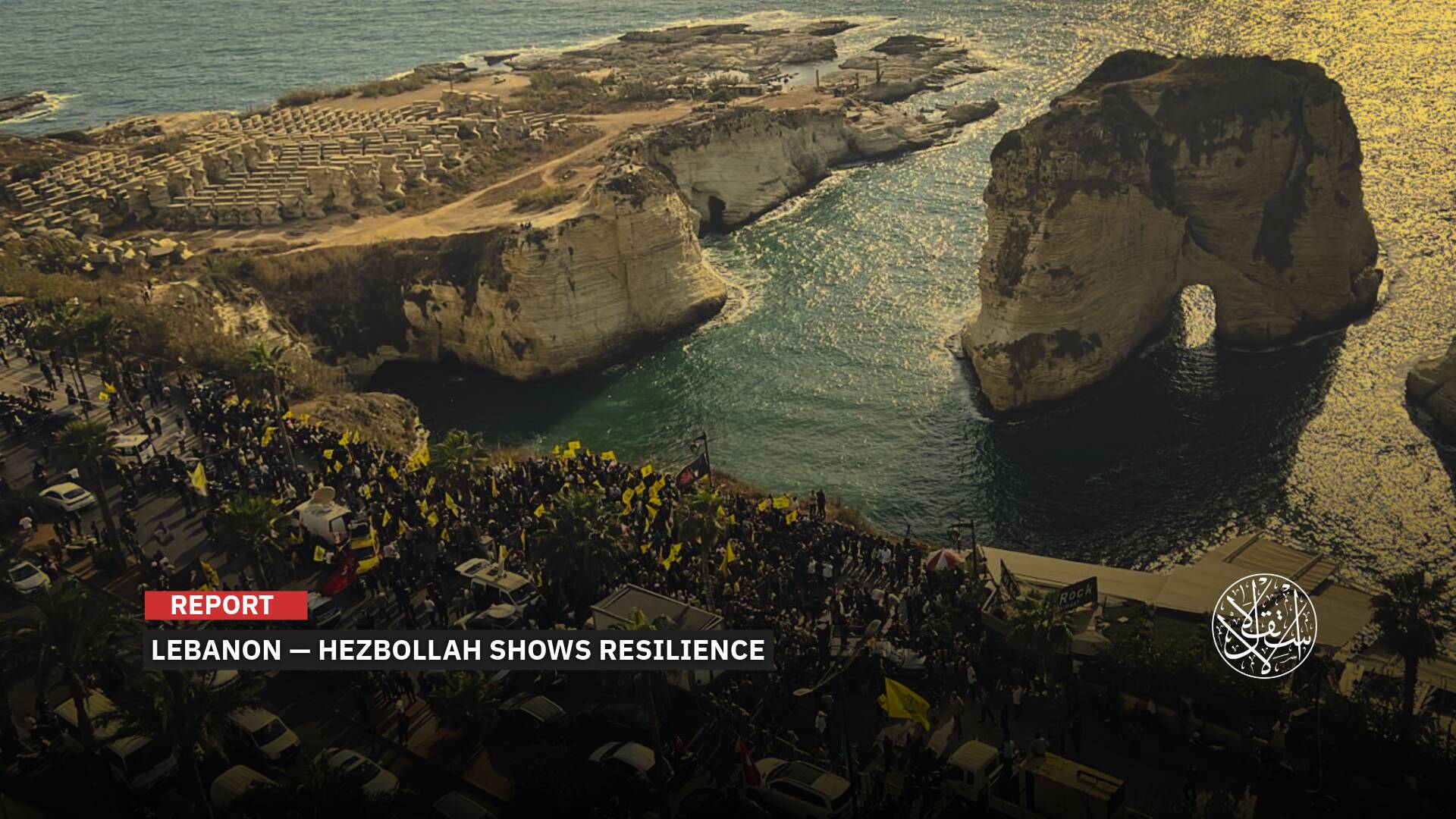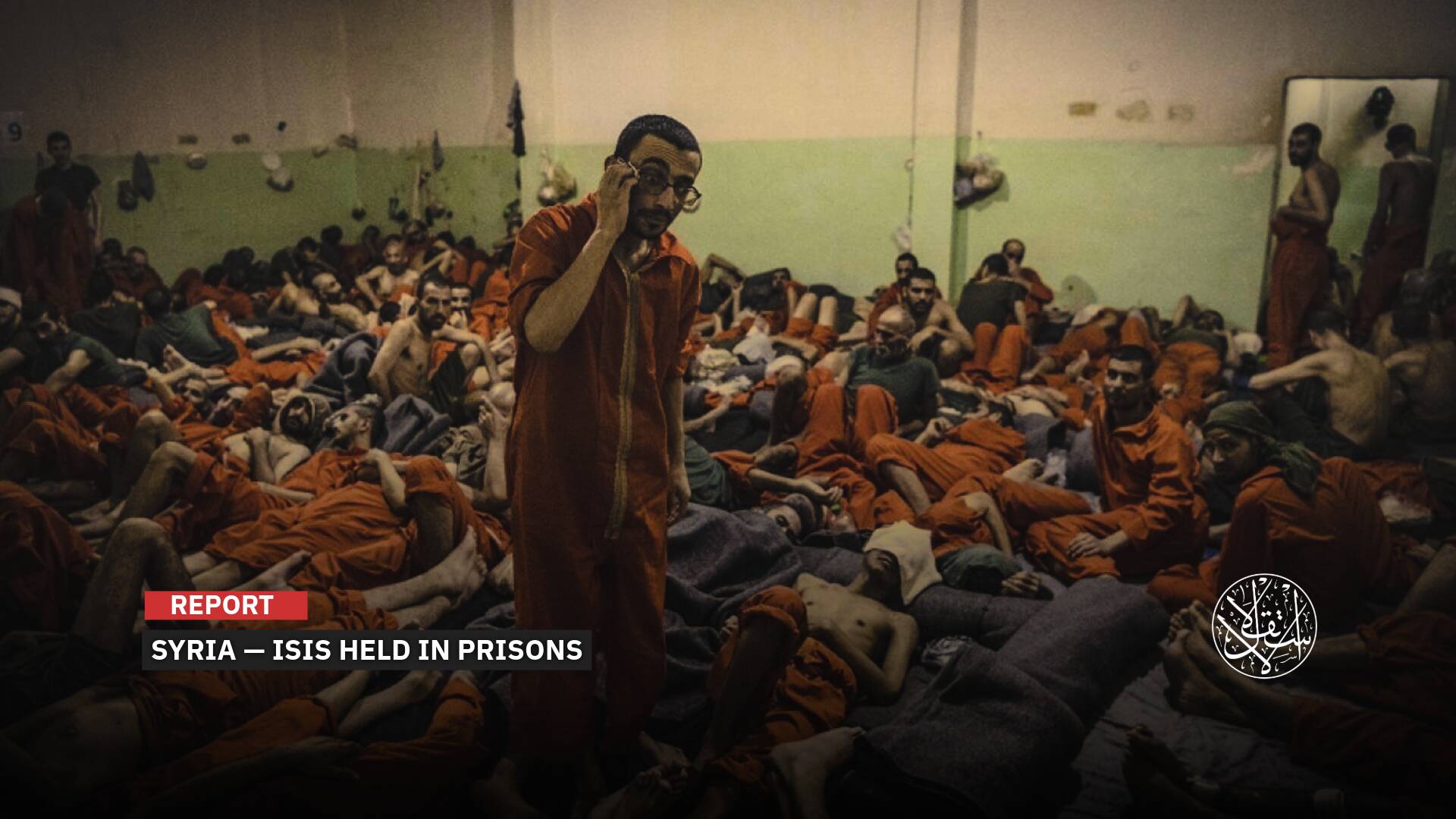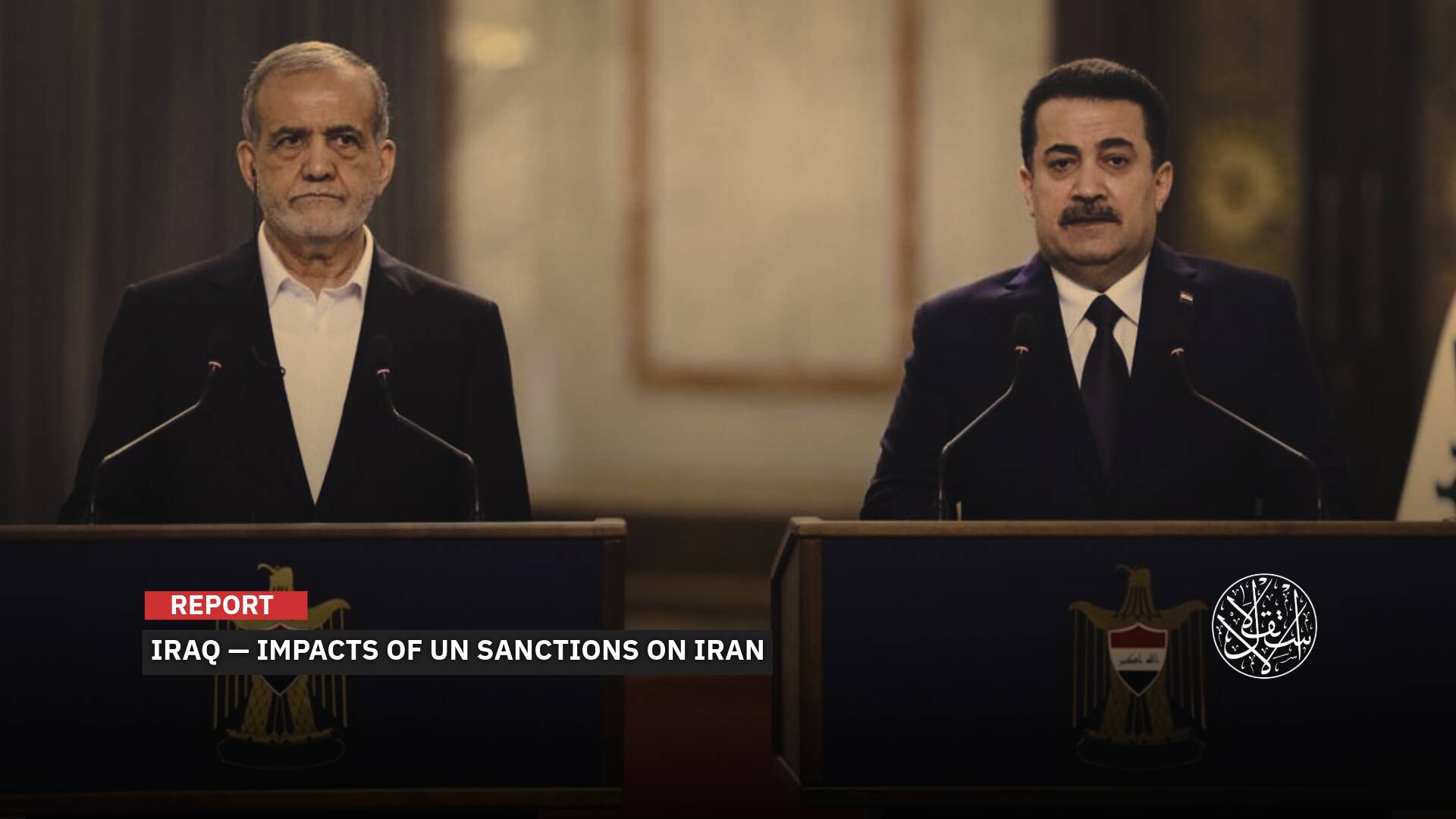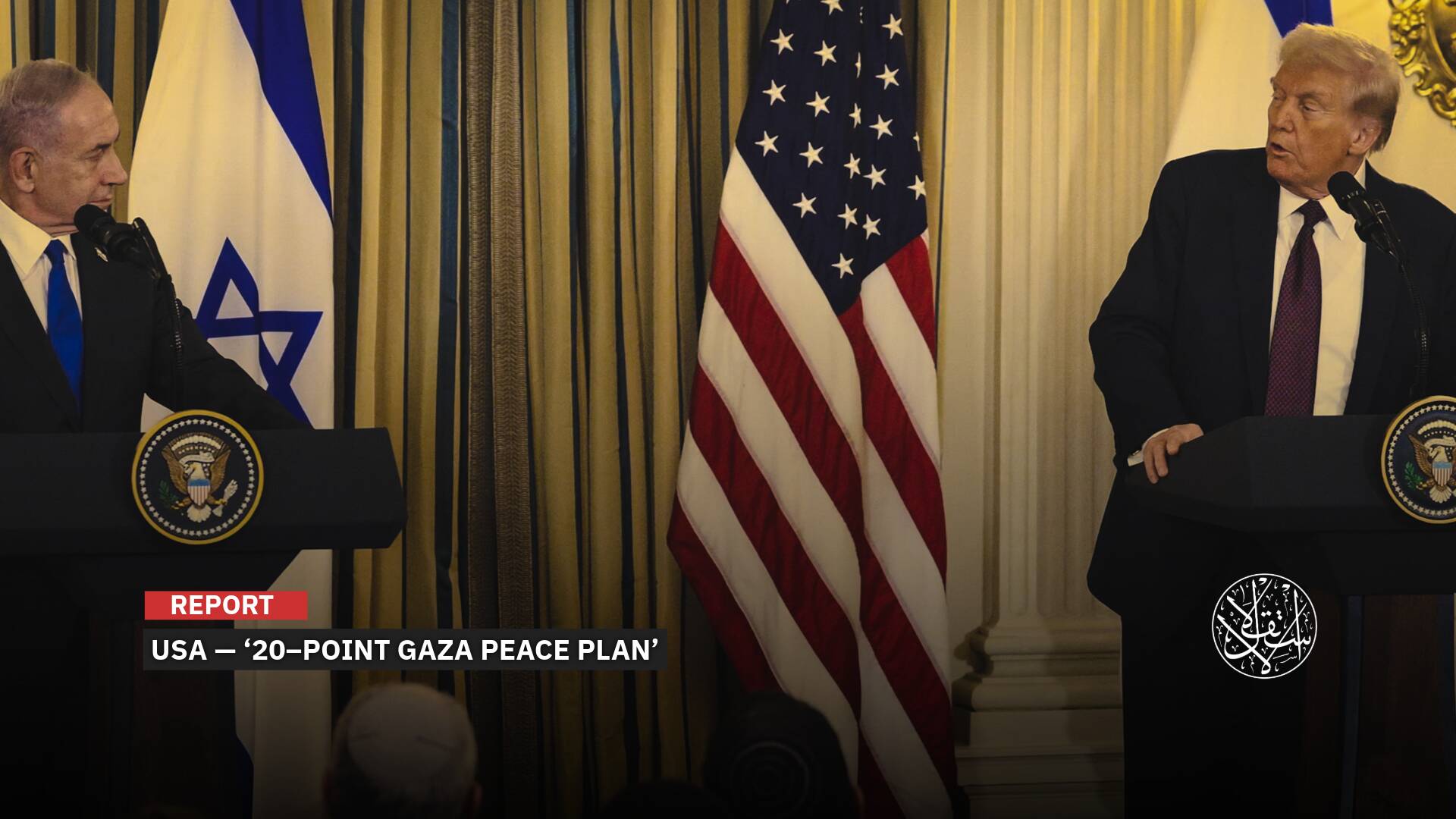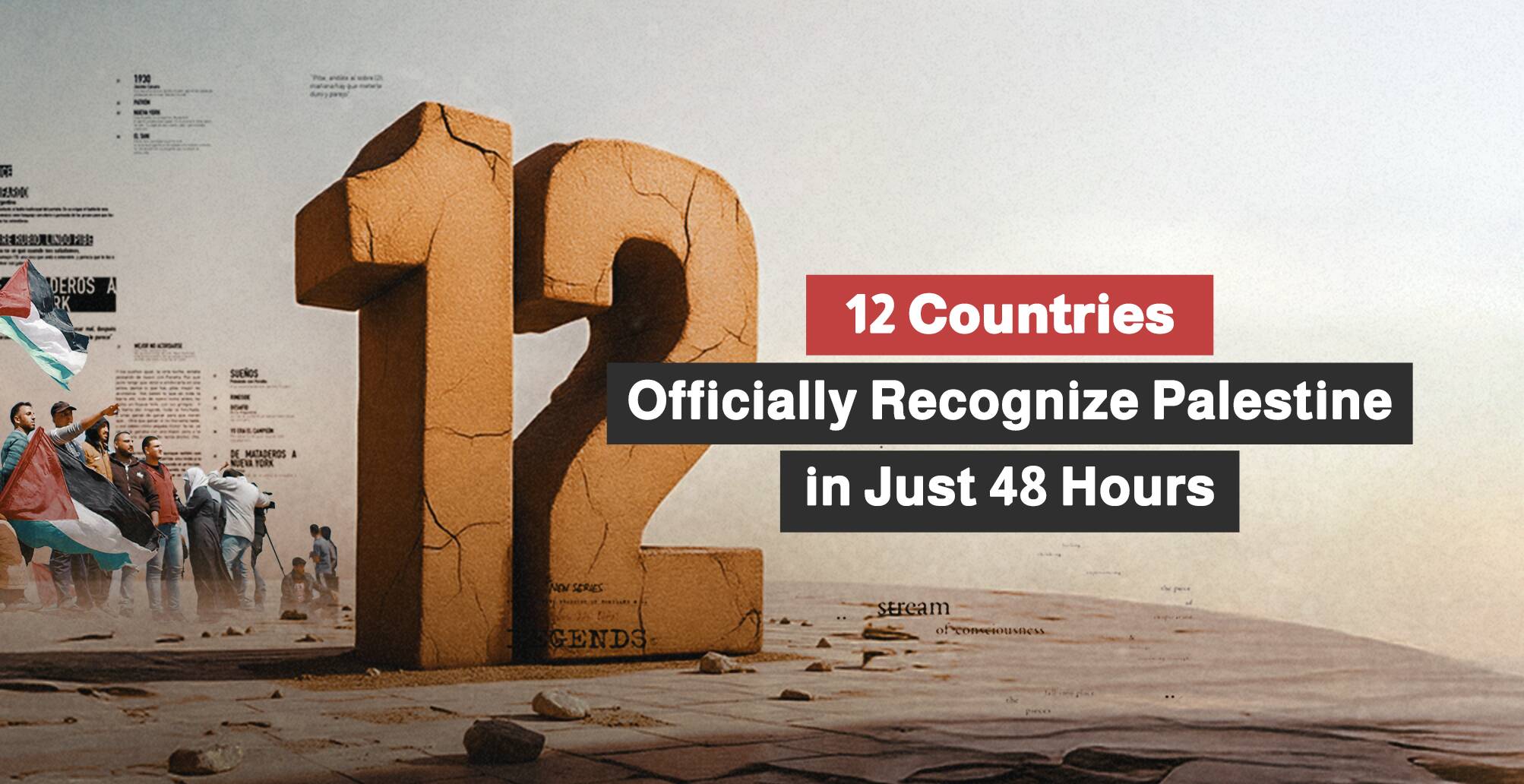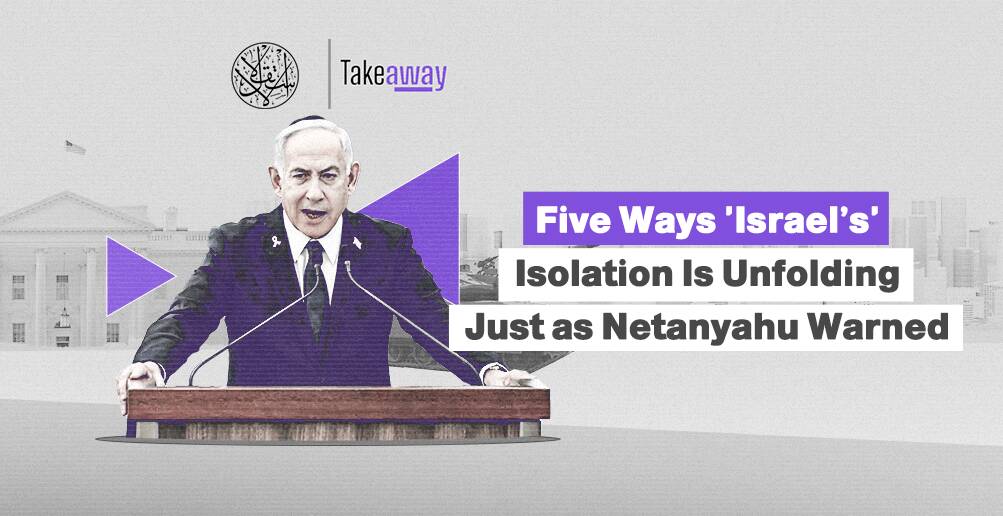Taking Advantage of Lebanon's Crises; This Is How Hezbollah Builds Its Own Economic Empire

Lebanon is going through one of the most severe economic crises in its modern history, after the dollar reached an all-time high, while Hezbollah is taking advantage of the crisis to its advantage.
The price of the dollar reached about 23,000 Lebanese pounds on the black market on July 16, 2021, to lose about 95% of its value since October 2019, which indicates how serious the situation is.
As the country's food, water and fuel shortages, along with power outages, and health care deteriorates explain a darker picture of the situation.
Hezbollah is trying to take advantage of the circumstances of the crisis, and carry out activities that would expand its influence.
Fast Descent
According to the “Crisis Monitor of the American University of Beirut,” food prices in the country have risen by more than 700% in the past two years and 50% in the last month.
More than half of the country's population lives below the poverty line, which is estimated at $3.60 per day, according to what was published by the Turkish Anadolu Agency in an article by researcher Sharifa Akinci.
She added: “According to the latest reports issued by the World Bank, Lebanon is facing one of the worst financial crises since the 1850s.”
The Lebanese economic crisis occupies its place in the top three among the ten most severe global crises between 1857 and 2013.
Also, according to World Bank data, the Lebanese economy witnessed a contraction of 20.3% in 2020, after the contraction it witnessed in 2019 by 6.7%.
The economy is expected to contract another 10% in 2021.
In 2018, the country's gross domestic product (GDP) was $55 billion, while in 2020, it decreased to $33 billion.
Hezbollah's Role
The writer explained that “Hezbollah is working to provide basic services and materials, which the Lebanese state is no longer able to provide, in addition to expanding its semi-banking services and developing agricultural projects, and smuggling cheap goods from Iraq, Iran and Syria, taking advantage of the political stalemate in the country.”
Akinci continued: “When banks in Lebanon were closed as part of precautionary measures at the beginning of the crisis, and accounts in dollars were frozen, Hezbollah's (Qard al-Hassan) Association intervened.”
The association provided quasi-banking services to provide the people with cash through loans and mutual guarantee funds, which is said to be compatible with Islamic law, according to her saying.
She added: The institution also carried out activities such as buying and selling gold in dollars, and storing gold for a low fee, increasing the number of ATMs in cities, so customers can withdraw dollars when they need it.
She noted that Hezbollah aimed to attract people to its institutions, instead of the Lebanese banks, through these informal activities, and it succeeded.
In addition, Hezbollah opened a series of cooperative shops in certain cities to sell a variety of goods such as food, drinks, clothing and furniture.
It is known that most of these products, which include basic foodstuffs, household items, cleaning materials and clothing, come from Iraq, Iran and Syria through smuggling.
While these products are sold at lower prices compared to competing markets, because of non-payment of customs duties when entered, Hezbollah requires special cards to purchase these products.

She said: According to the Lebanese, the individual's income must be less than 1.5 million Lebanese pounds per month (about $75 on the black market) to be able to obtain this card.
As for those who manage to obtain the card, they can own cards that allow the purchase of 300,000 Lebanese pounds, this amount means a lot, especially for the poor in Lebanon.
With this initiative, Hezbollah not only expanded the popular base supporting it, it also got easy access to the Lebanese pound as well.
On the other hand, Hezbollah has started implementing various agricultural programs in order to produce less costly food in the face of the worsening food security risks in the country.
This initiative, launched by Hezbollah Secretary-General Hassan Nasrallah in Lebanon in July 2020, to deal with the current financial difficulties, has been described as an “agricultural jihad.”
The writer points out that the “Jihad al-Binaa” association, known for being one of the most important executive branches of Hezbollah, which tasked with establishing and constructing Hezbollah’s civilian and military infrastructure, it is responsible for this project that provides feed support to livestock, as well as allocating land and working on the distribution of seedlings.
Greater Influence
According to the representative of the United Nations International Children's Emergency Fund “UNICEF” in Lebanon, 71% of the people there consume less than 35 liters of water per day, that is an 80% reduction in the amount of accessible water.
Akinci says: Because of the deterioration of public services, there are frequent water cuts, but if it is not possible to cover the costs of maintaining the water networks, the water supply system is at risk of total collapse, while Hezbollah distributes drinking water for free in certain areas.
It is also said that Hezbollah dug water wells to be used when needed, and it will provide affordable water service to the people with monthly subscriptions.
However, she added, “Hezbollah is trying to take advantage of the tense situation in Lebanon, which has become more fragile with the devastating effects of the Corona epidemic and the exacerbation of the economic crisis.
It aims to establish itself as an “alternative” to the state, by building a “new economy” of its own, as it gained more power and legitimacy with the system of comprehensive services and welfare it put in place.
However, Hezbollah’s gaining power and influence carries great risks, in terms of restricting power to the state in Lebanon, which suffers from a “political blockage” caused by political polarization.
As the disconnect between the Lebanese people and their state, the weakness of the country’s management, the failure to form a government, and the collapse of the financial system, it was one of the most important factors that allowed Hezbollah to reach a broader base.
The writer of the article concludes by saying: “Who knows, perhaps its new Hezbollah strategy will pave the way for granting both the Lebanese state and Iran greater independence for it in Lebanon.”


